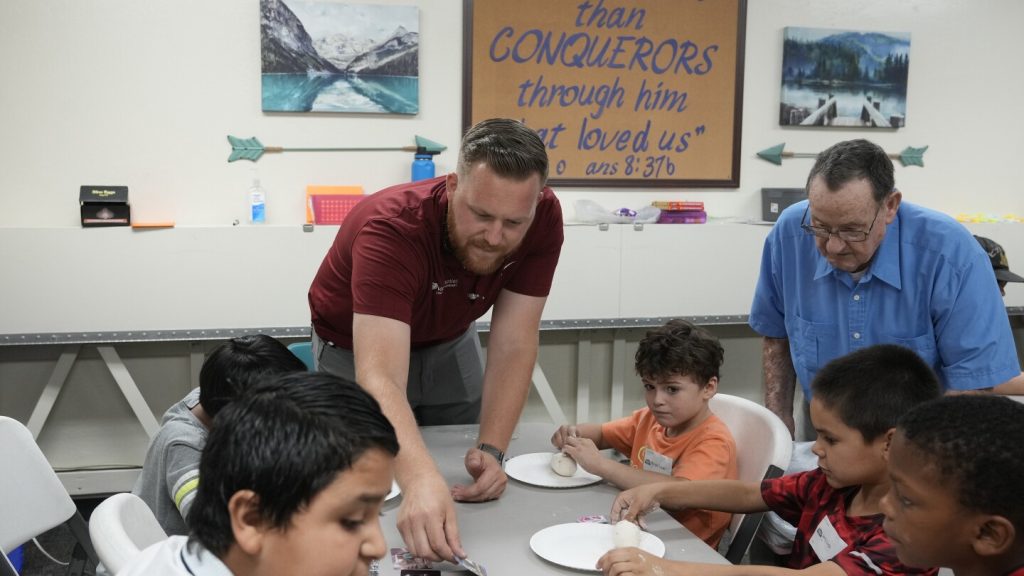The Arizona economy is thriving, with a booming job market in Maricopa County and a strong presence of big tech companies like TSMC and Google. However, home prices have nearly doubled since 2016, leading many voters to believe they may never be able to afford a home. Despite promises from candidates like Kamala Harris and Donald Trump to help the middle class, voters feel disconnected as they struggle with rising costs for housing and other essentials.
Voters across the political spectrum in Arizona are frustrated with the lack of focus on addressing housing costs and rising prices for groceries and other essentials in the candidates’ campaigns. Harris has proposed measures like $25,000 for first-time homebuyers and tax breaks for new parents, while Trump’s campaign suggests mass deportations of migrants and higher tariffs to create job opportunities. However, voters find it hard to shake off the pain caused by post-pandemic inflation.
Many Americans, including Arizonans, have a complex view of the economy. While nearly 6 in 10 describe their own economic situation as good, 7 in 10 believe the nation is on the wrong track. Despite personal financial comfort for some, many worry about friends and family members being left behind by the current economic situation. The focus on hot-button cultural issues in political conversations leaves voters like John Akers feeling that important issues like inflation and housing costs are being overlooked.
Maricopa County exemplifies the economic boom that has shaped American prosperity in recent years, but it has also led to destabilization in the real estate market. As more people move to the area, housing supply struggles to keep up with demand, causing prices to soar. Homeowners find themselves unable to afford to sell and buy new properties, while renters feel that middle-class stability is out of reach. The story of Trevor Cowling, who cannot afford to upgrade to a bigger home due to high interest rates, reflects the struggles of many in the county.
The upcoming election in Arizona and across the nation presents a challenge for voters facing economic uncertainty. While many have seen personal financial success, they are aware of the struggles of those around them. The polarization in political conversations and the lack of focus on key economic issues like housing costs and inflation leave voters feeling uncertain about the future. Despite the booming job market and economic growth, the disconnect between economic prosperity and the lived experiences of voters in Arizona raises questions about the candidates’ ability to address the state’s economic challenges effectively.


